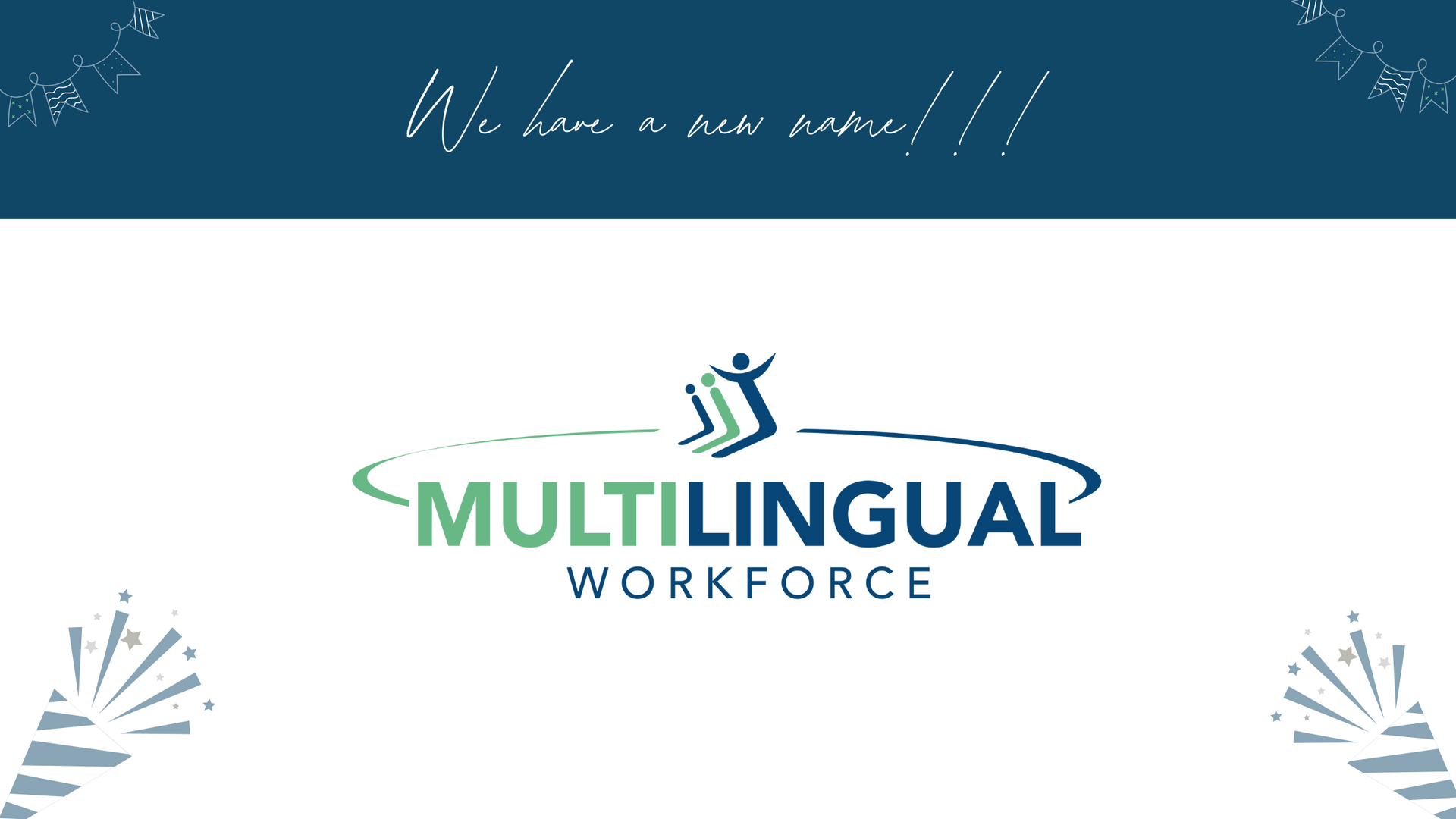Retaining Employees by Building Better Bosses
We have all heard the saying, "People don't leave jobs; they leave managers."
Before the pandemic, 75 percent of Americans saw their boss as the most stressful aspect of their job. Today, the coronavirus has put both bosses and employees all over the world under even more stress.
High-performing managers are four times more likely to
retain employees than low-performing managers.
-Annual Leadership Development Survey Report -Training Magazine
Better bosses are vital to employee satisfaction, organizational success, and health. Healthy organizations have higher levels of employee engagement, lower staff turnover, customer loyalty and satisfaction, higher productivity and profitability, and ultimately higher shareholder returns.
A Gallup study suggested that only 10 percent of people naturally have all the traits required to be a great manager. The good news is that many of these skills can be learned.
Best Practices
1. Better Bosses Develop Self-Awareness and Take on the Responsibility for Development
Better bosses know their leadership strengths and weaknesses and face up to their development needs. In addition, organizations that support the development of their leaders are ranked among the top-performing companies and consider development as one of the key performance indicators for their leaders. Top performing companies also collect confidential and anonymous 360 feedback regarding a manager or supervisor's performance.
2. Better Bosses Activate Employee Potential and Increase Retention
One of the best ways to learn about employees and what motivates them is to schedule one-on-ones. You can also discover if they possess hidden talents and provide constructive feedback or exchange ideas in a less formal setting. Employees with opportunities to showcase their talents and strengths help give them a sense of purpose. One of the best ways to activate an employee's potential and purpose is to push them outside their comfort zone. The intent is not to set them up for failure but to have them work on a project where they may not be the expert but have the skills to accomplish the tasks.
3. Better Bosses Promote Psychological Safety
A McKinsey Global Survey conducted during the pandemic confirms that only a handful of business leaders often demonstrate the positive behaviors that can instill this climate, termed psychological safety, in their workforce.
Creating a positive team work climate is the most important driver of psychological safety. It is most likely to occur when leaders demonstrate supportive, consultative behaviors, then begin to challenge their teams.
4. Better Bosses on the Front-Lines
Front-line bosses impact the employee experience more than anyone else. Your brand can be affected negatively or positively by how employees talk about their leader, regardless of the organization. Front-line leaders who are equipped with the language, skill, and approach for interacting with employees will drive positive results.
Leadership Development in the Age of the Great Resignation
Don't try to do it all! Organizations often attempt to cover many topics in their leadership-development programs. Findings suggest focusing on a handful of specific skills and behaviors in these learning programs can improve the likelihood of positive leadership behaviors that foster psychological safety and, ultimately, strong team performance.
Training Magazine's Annual Leadership Development Survey Report shows the top 5 priority skills for leadership development.
- Coaching/Developing others
- Communication skills
- Team leadership
- Emotional intelligence skills
- Strategy development and alignment
Investing in leadership development to cultivate leaders who make employees want to stay is one of the most critical factors affecting employee turnover. The skills to manage and retain employees do not come easily without development and learning. Managers and supervisors need the tools to be productive and successful no matter what they may face. Your employee retention is dependent on it!
Examining your learning and development and organizational systems such as onboarding, training, and career pathways is the first step in identifying areas that could be hindering business growth.
Check out our audits! It's a simple way to identify areas of improvement and ways to overcome some of your most significant challenges. Each audit includes a 2-hour on-site assessment and a report with recommendations. Workplace Talent Solutions prides itself on helping you grow people and grow your business.












